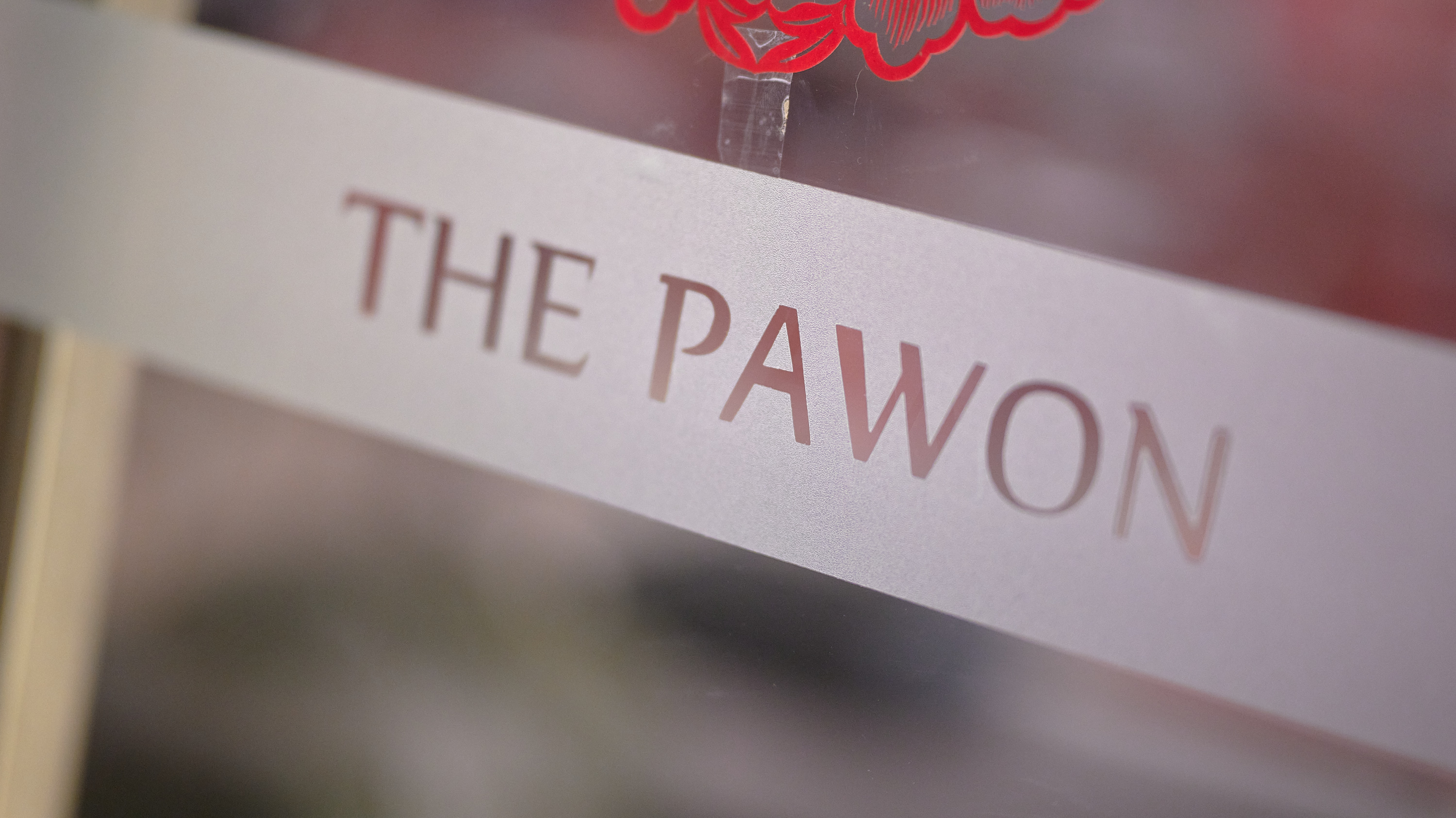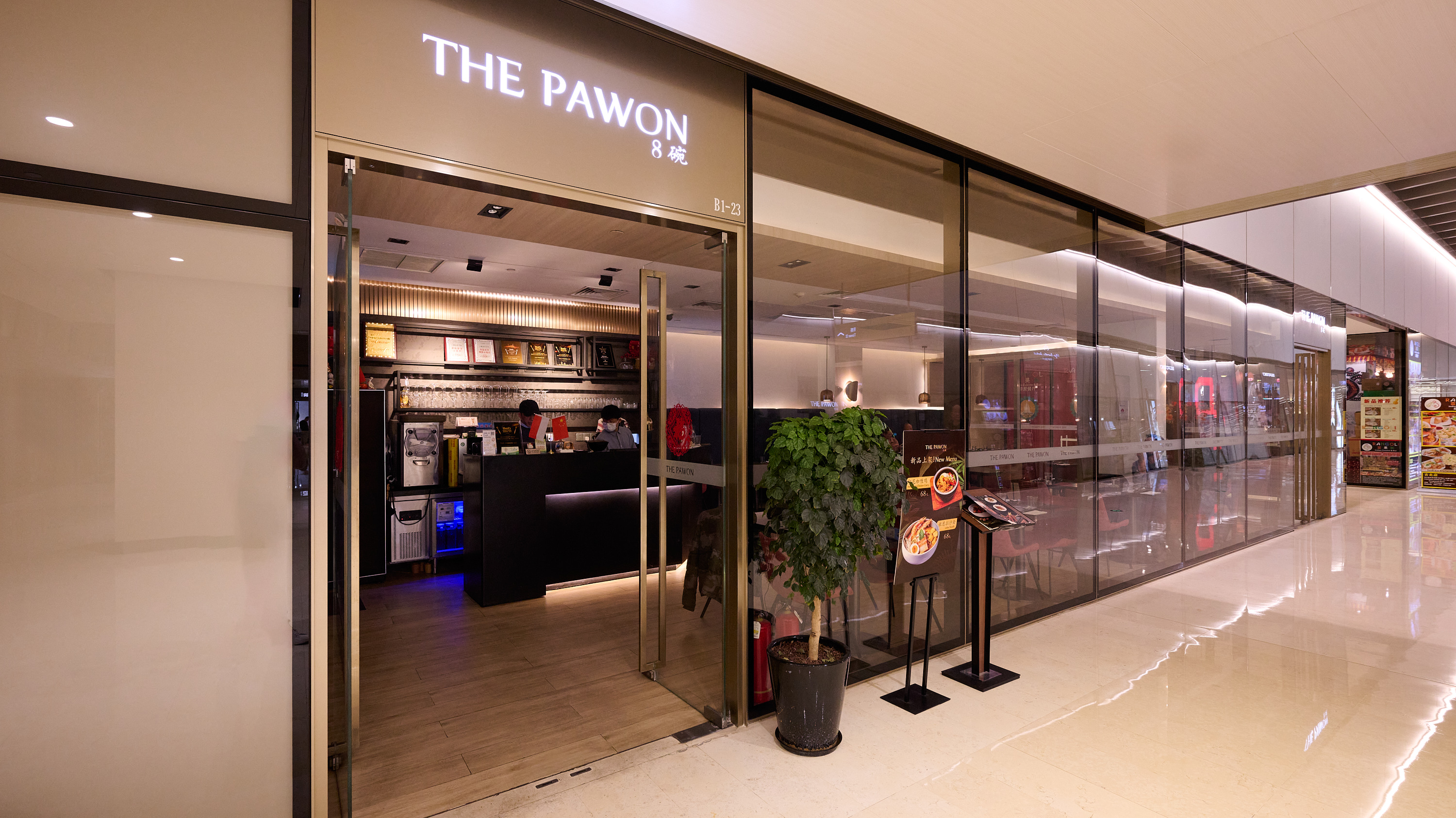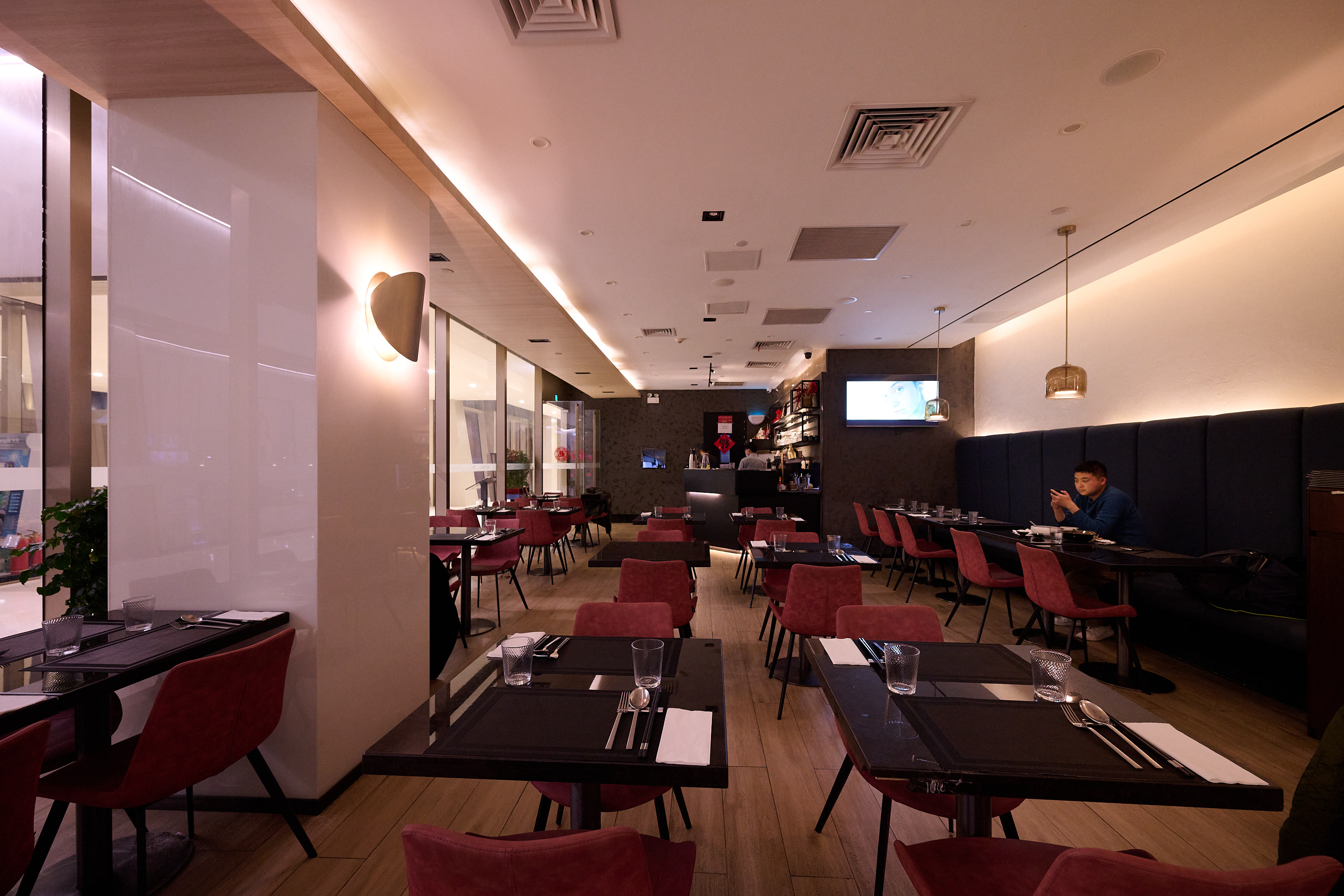[Shanghai Secrets] Authentic Indonesian hidden inside a basement
![[Shanghai Secrets] Authentic Indonesian hidden inside a basement](https://obj.shine.cn/files/2025/07/15/0087fd6c-31b1-4658-856e-efa48931a530_0.jpg)
Copy Editor's Note: We included this under "Shanghai Secrets" because it's truly flown under the radar – and frankly, it's hard to find. Buried down in the basement of a nondescript, often-empty mall, The Pawon has endured thanks to loyal support from Shanghai's Indonesian community, visiting tourists and consulate staff from nearby missions in Changning. This "Shanghai Secret" is a bit different – we sat down with Edwin Zhao to hear the story behind his place. So it's part Shanghai Secrets, part Chef's Table.
We often throw the word "authenticity" around when we talk about foreign restaurants. It's a slippery term. Who set the standards and when? After all, restaurants aren't religious texts. They are open to adaptation, interpretation and cross-pollenation – often leading to delicious results. Edwin Zhao, proprietor of The Pawon, talks a lot about "authenticity." It's his mission statement. But it doesn't come from some doctrinaire ideas about taste. He'll be the first to tell you that no one in his home country can even agree on what makes a proper gado gado (naturally, it varies from island to island). Rather, it's about putting time, effort, care and love into a cuisine. Here, Zhao talks about what it's like to own the only Indonesian restaurant in town and why you never, EVER deep-fry chicken satay.
![[Shanghai Secrets] Authentic Indonesian hidden inside a basement](https://obj.shine.cn/files/2025/07/08/76c6e449-c716-4ee1-a209-14cbc91d5de3_0.jpg)
CNS: Where did you learn how to cook?
Edwin: My mom's kitchen. And yes, she's a good cook!
CNS: What was your favorite dish that she cooked for you growing up?
Edwin: She made this barbecued pork with a glaze of honey as a finishing touch. I love it, but we don't serve it here. We're an Indonesian restaurant, and most Indonesians are Muslims, so we respect that tradition within our culture.
CNS: Where in Indonesia did you grow up?
Edwin: I grew up in a small town outside of Jakarta. It's a mountainous area. And then I went to Jakarta International College. I studied finance. Eventually, I got a job in Macau. I worked for the Venetian there. Then Xiao Nan Guo hired me to work here in Shanghai. So, I've been here for some time. And over the years, I have gotten familiar with the local tastes.
![[Shanghai Secrets] Authentic Indonesian hidden inside a basement](https://obj.shine.cn/files/2025/07/15/1e541d26-5696-4847-af73-afb3f2ca3a58_0.jpg)
CNS: What does "The Pawon" mean?
Edwin: It means "The Kitchen" in Javanese. I also chose it because it works well when approximated in Chinese. Our Chinese name is "Ba Wan" (八碗), which means eight bowls.
CNS: Sounds auspicious. Sum up "The Pawon" in a word.
Edwin: Authenticity.
CNS: What does authenticity mean to you?
Edwin: We try our best to make the taste as similar as possible to the food we have in Indonesia.
CNS: So are you able to get most of the ingredients that you need to make that happen?
Edwin: I would say pretty close to 90 percent.
CNS: Tell us a little bit about that other 10 percent.
Edwin: Candle nut. We've gotten it before, but it's quite expensive. And then there are a few essential leaves I can't find here, like salam leaf, which is a little bit like bay leaf. Turmeric leaf – you can get the root here but not the leaf. Nobody outside of Indonesia uses it – not even the Thais.

CNS: Was it a challenge to learn this stuff?
Edwin: No. It's quite easy for me. I'm Indonesian. My taste buds are already tuned into this kind of thing. I know when it goes right. I know when it goes wrong. The difficult part is teaching my kitchen staff who are local Chinese how to cook these things. Because they didn't grow up eating these flavors, a lot of it is very new to them.
Also, one thing many don't know about Indonesian cuisine is that a lot of this food is quite time-intensive. It takes four hours to make our sambal. It takes close to eight hours to make our beef rendang. And if you didn't grow up eating this food, or watching your mother or grandmother make it, you might not understand why each step is so important.
![[Shanghai Secrets] Authentic Indonesian hidden inside a basement](https://obj.shine.cn/files/2025/07/08/2c44aac9-cfb6-422a-9c66-7783755adb70_0.jpg)
CNS: Would you say it is more of a unique challenge for Indonesian food – the complexity and length of cooking?
Edwin: Yeah. We will often have re-trainings, to refresh the process and ingrain following every step. Because when they do shortcuts, I can tell. I don't even have to taste it, I can just look and I know. One time, I came into the kitchen and saw one of my cooks making a chicken curry. I knew the problem immediately. They weren't using enough coconut milk. It was a bit watery, and the cook used flour to thicken it. You can do that with a Japanese-style curry, but not an Indonesian curry. It has to be coconut milk.
Another time, it was a Friday. We were packed. And one of our cooks was so swamped that, instead of grilling our chicken satay, I saw them deep-frying it. Of course that will get it to the table faster, but one of the things that makes chicken satay so special is that smoky grill flavor. These things matter if we want local Indonesians who come here, to feel at home.
![[Shanghai Secrets] Authentic Indonesian hidden inside a basement](https://obj.shine.cn/files/2025/07/15/8430e9ca-0b85-41b7-9d1b-38da210003af_0.jpg)
CNS: Is there any Indonesian dish that you would never make in this restaurant because you can't make it to your standards of authenticity?
Edwin: We get requests from Indonesian diners often asking for things we just don't have. There is this black beef soup called rawon. I personally don't really like it so much, but a lot of people do. A lot of Indonesians ask me why we don't serve it, but I just can't find the keluak nuts. They are the key ingredient, the thing that makes the soup black.
Other stuff is just too complicated, or we don't have the space. For example, I get a lot of Malaysians and Singaporeans asking me if we serve kue lapis. But have you ever made that? You have to build layer upon layer, spreading it out, waiting, and adding another layer. It takes hours!
![[Shanghai Secrets] Authentic Indonesian hidden inside a basement](https://obj.shine.cn/files/2025/07/15/c1148e84-8834-48a5-ac74-86eeb8614877_0.jpg)
CNS: There is a lot of overlap between Malaysian and Indonesian food. How would you define the differences?
Edwin: Let's put it this way. If we Indonesians go to Singapore or Malaysia, we don't feel homesick about food, and I'm sure it's vice versa too. Most of the region is heavily influenced by Malay culture, and in many ways, the distinction between Malaysia and Indonesia has more to do with the legacy of our colonial pasts than the way we eat. So, maybe "overlap" isn't the right word.
![[Shanghai Secrets] Authentic Indonesian hidden inside a basement](https://obj.shine.cn/files/2025/07/15/abaa77eb-b955-499a-9884-c46cd0e42c57_0.jpg)
![[Shanghai Secrets] Authentic Indonesian hidden inside a basement](https://obj.shine.cn/files/2025/07/15/5738b2e4-137d-4a47-b76d-1cb04e1b46fa_0.jpg)
CNS: Do Indonesians ever come here and tell you, "This is not how my mom used to make it"?
Edwin: Oh, yes! All the time!! You can't please all the people all the time. This is especially true for Indonesians. Do you know how diverse Indonesia is? Each of those islands could be its own country. We have over 600 ethnic groups and we speak around 700 different languages. If you fly from one end of the country to the other, it takes about six and a half hours. Everybody is going to do nasi goreng differently.
So, my answer to, "Your nasi goreng is different than what I had back home" is simple: "Every island has its own nasi goreng." But, of course, that's not the vast majority of our clientele. Most of them seem to love it.
If you go...
You'll probably see Edwin there, so be sure to say hello!
Address: B1, SOHO Gubei, 188 Hongbaoshi Rd
红宝石路188号古北SOHOB1楼







